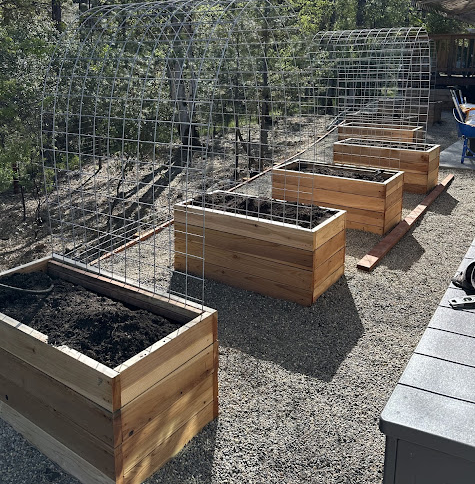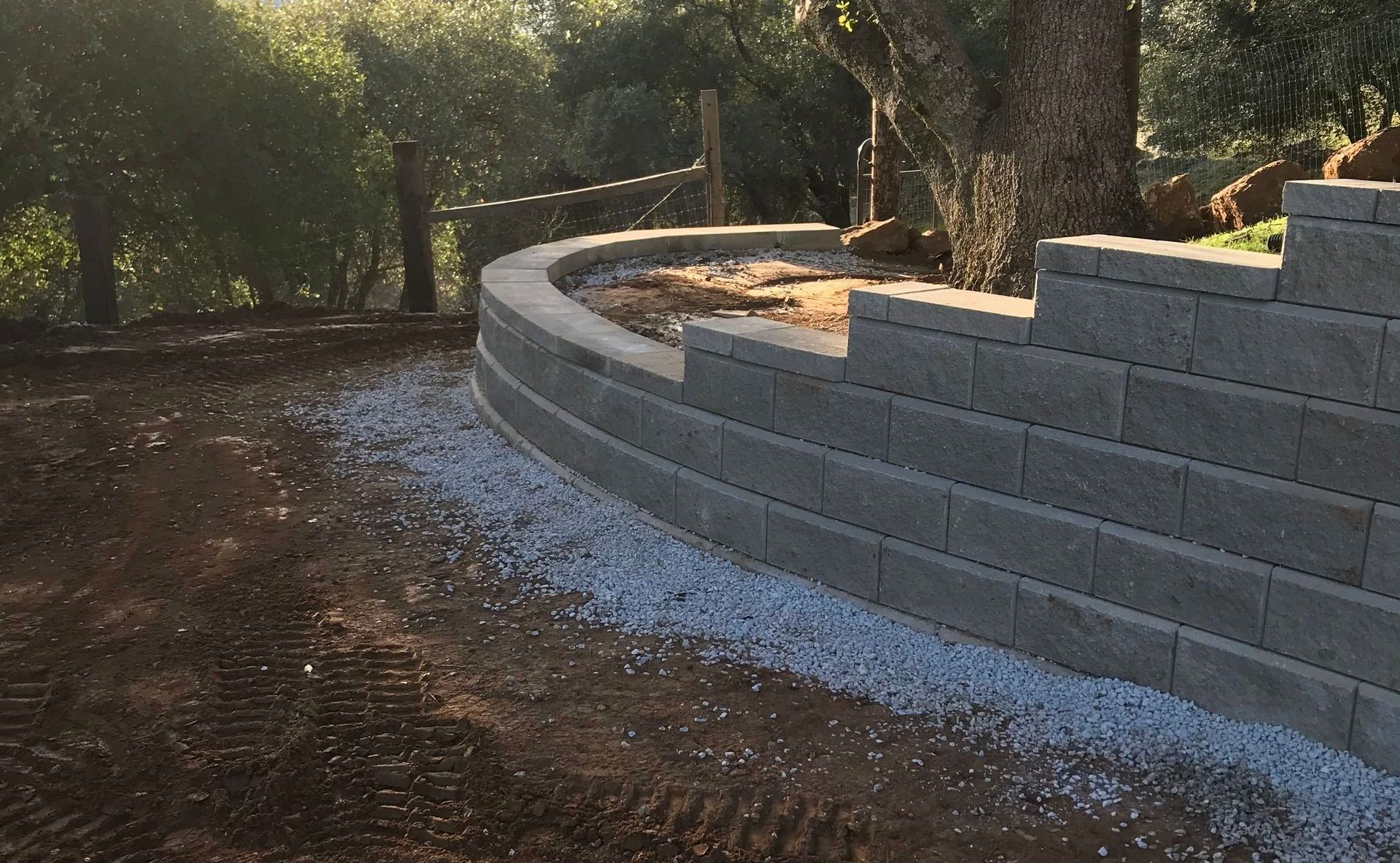Choosing the Right Wood for Your Fence
Choosing the Right Wood for Your Fence: A Guide to Different Options

When it comes to building a fence, choosing the right type of wood is essential for both aesthetic appeal and durability. The right wood not only enhances your property’s curb appeal but also ensures that your fence will last for many years, withstanding weather and wear. In this guide, we’ll cover the most popular wood types for fencing, highlighting their unique qualities and helping you choose the best option for your needs.
1. Cedar Wood
Cedar is one of the most popular choices for fencing due to its natural beauty and resistance to the elements. This wood has a rich, reddish-brown color that weathers beautifully over time, transitioning to a silvery-gray patina. Cedar is also naturally resistant to rot, insects, and decay, making it an excellent choice for long-lasting fences. Plus, its aromatic oils make it less likely to attract pests, providing a natural barrier against termites and other insects.
2. Redwood
Redwood is another premium wood that is well-loved for its deep, rich color and exceptional durability. Known for its stunning hues—ranging from light pinkish-red to dark reddish-brown—redwood offers both beauty and function. Like cedar, redwood is naturally resistant to moisture, decay, and insects, which means it can handle the elements with minimal maintenance. It is an excellent choice for high-end fencing projects, giving your property a timeless, sophisticated look.
3. Pressure-Treated Pine
For those looking for a more budget-friendly option, pressure-treated pine is an excellent choice. This wood is treated with preservatives to protect it from rot, insects, and other environmental factors, extending its lifespan. While it may not have the natural resistance of cedar or redwood, pressure-treated pine can still provide a durable and cost-effective fencing solution. Over time, it can be stained or painted to enhance its appearance and increase its lifespan even further.
4. Cypress Wood
Cypress is another great option for those looking for a durable and weather-resistant wood. It has a natural resistance to rot and insects, much like cedar and redwood. Cypress has a pale yellow-brown color that weathers to a silvery-gray over time. Its resilience makes it ideal for wet or humid climates, ensuring that your fence remains strong and stable for years. Cypress is also relatively low-maintenance and offers a beautiful, rustic appearance.
5. Douglas Fir
Douglas Fir is known for its strength and versatility. It’s a solid choice for building fences that need to withstand harsh weather conditions or heavy use. Although it’s not as naturally resistant to insects or decay as some other woods, Douglas Fir can be treated for increased longevity. It has a light, yellowish-brown color and can be stained or painted to match your desired aesthetic. Its strength and affordability make it a popular choice for large fence projects.
6. Spruce
Spruce is a lightweight and affordable option that works well for many fencing projects. While not as naturally durable as other woods like cedar or redwood, spruce can be treated to help protect it from moisture and pests. Its light color and fine grain make it an attractive option for those who want a clean, simple look for their fence. Spruce is ideal for short-term fencing solutions or projects on a budget, though it will require more upkeep over time.
7. Oak
Oak is a heavy, dense wood known for its strength and longevity. While it’s less commonly used for fences than some of the other woods listed here, oak makes an excellent choice for those who need a sturdy, long-lasting structure. Its deep, rich color and attractive grain make it a beautiful option for custom fence designs. However, oak can be more challenging to work with due to its density and is usually more expensive than other materials. It's also recommended to treat oak to prevent it from rotting over time.
Conclusion
Choosing the right wood for your fence depends on your budget, desired appearance, and the level of maintenance you're willing to commit to. Whether you prefer the rich tones of cedar and redwood, the durability of pressure-treated pine, or the affordability of spruce, there’s a wood type that will meet your needs and enhance the beauty of your property. Each wood type offers its own unique benefits, so it’s important to consider factors like climate, longevity, and cost when making your decision.
Need help choosing the perfect wood for your fence? Contact us today for expert advice and a free quote! We’re here to help you build the ideal fence for your home.




